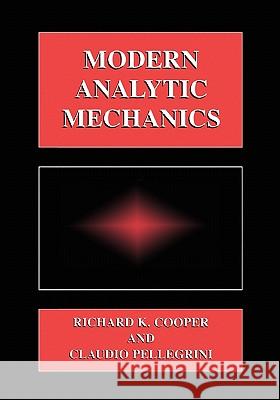Modern Analytic Mechanics » książka
Modern Analytic Mechanics
ISBN-13: 9781441933034 / Angielski / Miękka / 2010 / 341 str.
By modern analytic mechanics we mean the classical mechanics of today, that is, the mechanics that has proven particularly useful in understanding the universe as we experience it from the solar system, to particle accelerators, to rocket motion. The mathematical and numerical techniques that are part of this mechanics that we present are those that we have found to be particularly productive in our work in the subject. The balance of topics in this book is somewhat different from previous texts. We emphasize the use of phase space to describe the dynamics of a system and to have a qualitative understanding of nonlinear systems. We incorporate exercises that are to be done using a computer to solve linear and nonlinear problems and to have a graphical representation of the results. While analytic solutions of physics problems are to be prefer. red, it is not always possible to find them for all problems. When that happens, techniques other than analysis must be brought to bear on the problem. In many cases numerical treatments are useful in generating solutions, and with these solutions often come new insights. These insights can sometimes be used for making further analytic progress, and often the process is iterative. Thus the ability to use a computer to solve problems is one of the tools of the modern physicist. Just as analytic problem-solving enhances the student's understanding of physics, so will using the computer enhance his or her appreciation of the subject.











